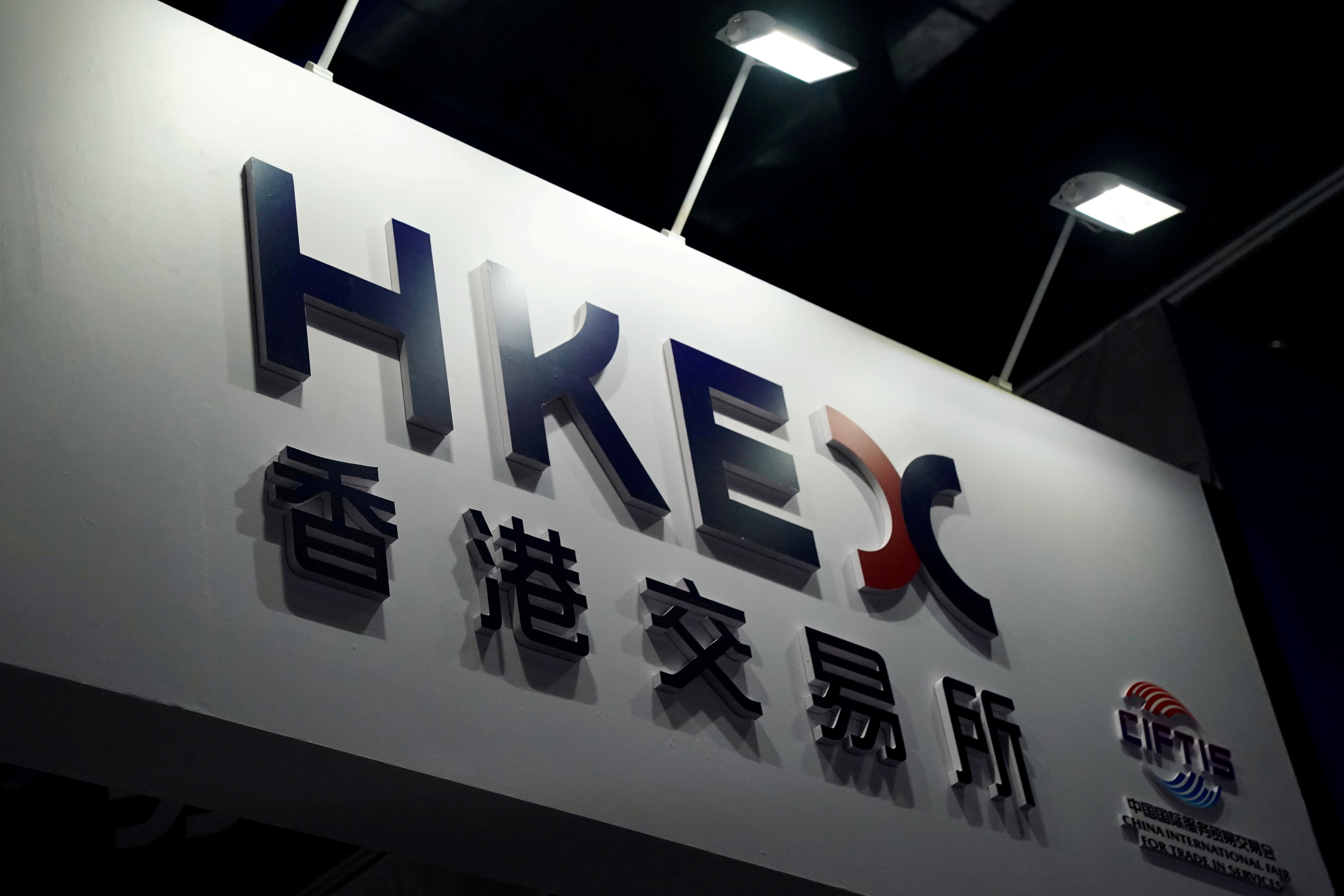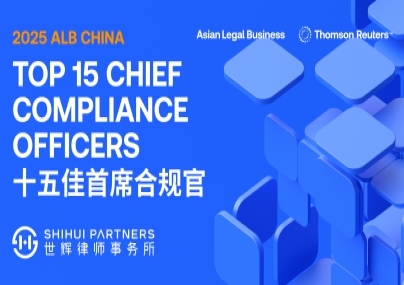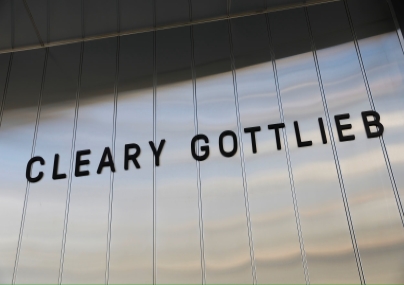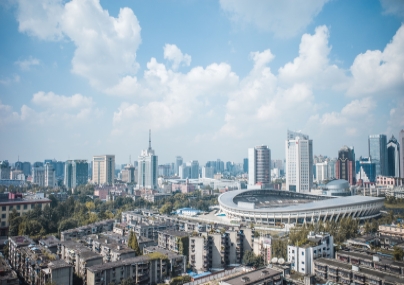
过去四个月中,私有化交易成为香港资本市场的一大亮点。2024年以来,第一季度已有海通国际等5家企业完成私有化退市;维达国际、中国中药、赛生药业、欧舒丹的私有化邀约或进程正在进行中;此外,新秀丽等企业也传出私有化计划。
彭博社近期在一篇文章中援引安迈企业咨询(Alvarez & Marsal)董事总经理刘佑昌说:“2024年及其后,我们预期将看到更多私有化交易。现在只是刚刚开始。”
这一定程度延续了2023年的势头。“我们留意到,2023年私有化的数量比2022年多出接近一倍。”高伟绅律师事务所香港办公室合伙人谭诗聪、许文嘉律师说。
根据凯易国际律师事务所发表的一篇年度回顾,2023年共有21家香港上市公司宣布私有化邀月,“甚至超过了疫情前的交易水平”,且“相较于2022年港股私有化交易的平均规模(约为13亿港元),2023年港股私有化交易的平均规模亦有显著提升(约为29亿港元)”。
谈及此轮港股私有化交易的特点,谭诗聪、许文嘉律师指出:“大部分的私有化都是以创始人/控股股东牵头。在公告里提到私有化的原因,主要都是因为目标公司估值低,流动性偏弱等因素,而私有化退市后公司可以更方便重组以创造价值。”
彭博社援引法国巴黎银行亚太区收购合并部主管李杰(Richard Griffiths)说,国际品牌对于香港私有化交易的兴趣尤其高涨;瑞银集团亚太地区并购业务联席主管卢穗诚则特别指出中国内地国企的私有化意愿:“融资状况向好,估值却较低,现在是国企展开私有化的好时机。”
谭诗聪、许文嘉律师指出:“根据我们的市场观察,目前拟议进行私有化的港股上市公司涵盖不同行业。”
本轮私有化交易所涉企业情况各有不同。例如近期引人注目的中国中药156亿港元私有化项目,所涉公司中国中药于1993年在香港上市,是第一波赴港上市的内地企业之一。项目要约人中涉及多个国家投资基金。
而对价87.9 亿港元的赛生药业私有化交易中,所涉企业是一家2021年才在香港上市的内地生物医药公司,要约人则是一家专注于中国医疗健康行业的私募股权公司。
谭诗聪、许文嘉律师说:“根据我们的市场观察,目前有不少私有化项目是要约人组成财团以提供私有化融资。”他们提醒道:“这需要与香港监管机构落实融资和交易架构和处理相关的合规责任。”
凯易也在年度回顾中提及:在2023年港股私有化交易中,大约14%的交易未成功,未成功的交易均为未达到法院会议批准门槛的协议安排私有化交易。
鉴于不少考虑私有化的企业都来自中国内地,金杜律师事务所近期在一篇名为《以退为进:H股上市公司私有化之路》的文章中特别指出了几点值得注意的问题。
例如,私有化要约需要经全体股东大会、H股类别股东大会和内资股类别股东大会三个股东会议分别表决通过,且需注意保障异议股东权利;
此外,香港证监会要求发起私有化之前,要约方需要拥有充足的境外资金并由财务顾问出具确认函。“H股上市公司私有化一般由中国内地公司作为要约人,因此资金一般来源于中国境内,通常涉及资金出境问题,要约人需向发改委、商务部门沟通境外投资监管事宜,并与外汇部门沟通外汇登记事宜。”
另外,私有化过程中涉及的中国内地及香港方面税务问题也是重要考量。
逐渐增多的私有化意向是否会为香港资本市场律师带来更多业务机会?就此,谭诗聪、许文嘉律师告诉ALB:“高伟绅在2024年和2023年牵头处理了多宗大型的上市公司的私有化项目, 包括赛生药业、中国中药、维达国际(这是2023年最大宗的私有化)和内蒙古伊泰。”
“我们的业务重心一直都是围绕上市公司的整个生命周期,即从上市前的投资活动、上市集资、上市后的合规与并购、一直到退市。近期赛生药业的私有化就是本所为客户提供整个生命周期法律服务的最佳例子,过程中我们调配资源,调动各方面的法律专家,为客户提供优质服务。”他们说。
Low valuations and weak liquidity driving HK take-private boom
In the past four months, take-private deals have become a highlight in Hong Kong's capital markets. Since the beginning of 2024, companies such as Haitong International have completed their de-listing through privatization, and similar initiatives are underway for companies like Vinda International, China Traditional Chinese Medicine Holdings (China TCM), SciClone Pharmaceuticals, and L’Occitane. Moreover, companies like Samsonite are also rumoured to be planning privatizations.
And there could be a lot more to come. Bloomberg recently quoted Xuong Liu, managing director at Alvarez & Marsal, as saying: "We’re poised to see a lot more take-private transactions in 2024 and beyond. This is just the beginning."
Lawyers is the capital markets space observe that this trend is only an extension of the momentum from 2023. "We noticed that the number of take-private deals in 2023 was nearly double that of 2022," said Tommy Tam and Christine Xu, partners at the Hong Kong office of Clifford Chance.
Another law firm, Kirkland & Ellis, found that 21 Hong Kong-listed companies announced privatization plans in 2023, "even exceeding pre-pandemic levels of activity," with the average size of the deals in 2023 significantly higher (about HK$2.9 billion or $370 million) compared to 2022 (about HK$1.3 billion or $166 million).
Regarding the recent wave of privatizations, Tam and Xu highlight that the majority of these deals are being spearheaded by the companies' founders or major shareholders. The primary justifications provided in the announcements for going private are typically undervalued stock prices and low trading volumes. Additionally, privatization will allow for easier restructuring and value enhancement initiatives after the delisting process.
Bloomberg cites Richard Griffiths, head of Asia M&A at BNP Paribas, saying that the appetite for Hong Kong take-private deals is particularly strong when it comes to global brands. Additionally, Samson Lo, head of Asia Pacific M&A at UBS Group, highlights the privatization inclination of state-owned enterprises in mainland China, noting, "financing conditions have improved and valuations are low, so now the timing is good for them to pursue a take private deal."
Tam and Xu note that the planned privatizations of companies listed on the Hong Kong stock exchange span across a diverse range of industries. These privatization deals include companies in different situations. For instance, the prominent privatization of China TCM, valued at HK$15.6 billion, involves a company that was one of the earliest Mainland companies to go public in Hong Kong in 1993. This particular deal includes the participation of several government-backed investment funds.
In contrast, the HK$8.79 billion privatization of SciClone Pharmaceuticals, a biotech company that went public in Hong Kong as recently as 2021, is being undertaken by a private equity firm with expertise in China’s healthcare sector.
“Many of the privatization projects involve consortiums formed to provide financing, which requires working closely with Hong Kong regulatory authorities to finalize financing and transaction structures and handle compliance responsibilities," Tam and Xu point out.
However, the process is not always smooth. Kirkland also noted in its findings that about 14 percent of Hong Kong privatization transactions in 2023 were unsuccessful, primarily due to agreements not meeting court approval thresholds.
Considering many of the companies thinking about privatization are from Mainland China, law firm King & Wood Mallesons recently highlighted several issues in an article titled "Advancing Through Retreat: The Road to Privatization for H-share Listed Companies."
For instance, privatization proposals need to be approved separately by general meetings of shareholders, H-share categories, and domestic share categories, with an emphasis on protecting dissenting shareholders' rights.
Additionally, before initiating a privatization, the proposing parties must have sufficient offshore funds, certified by financial advisors. "H-share company privatizations are generally initiated by companies from Mainland China, thus usually involving issues of capital outflow, requiring communications with the National Development and Reform Commission, the Ministry of Commerce on foreign investment supervision, and foreign exchange registration with foreign exchange authorities," the firm notes.
Tax issues related to Mainland China and Hong Kong are also important considerations.
Could the increasing number of privatization intents lead to more business opportunities for lawyers in Hong Kong's capital markets? Clifford Chance, for example, led several major privatization projects in 2024 and 2023, including those for SciClone Pharmaceuticals, China TCM, Vinda International, and Inner Mongolia Yitai Coal.
"Our focus has always been around the entire lifecycle of listed companies, from pre-IPO investments, fundraising through IPOs, post-IPO compliance and mergers, to delisting. The recent privatization of SciClone is a prime example of our firm providing full lifecycle legal services to our clients, deploying resources and mobilizing legal experts to deliver high-quality service," say Tam and Xu.


